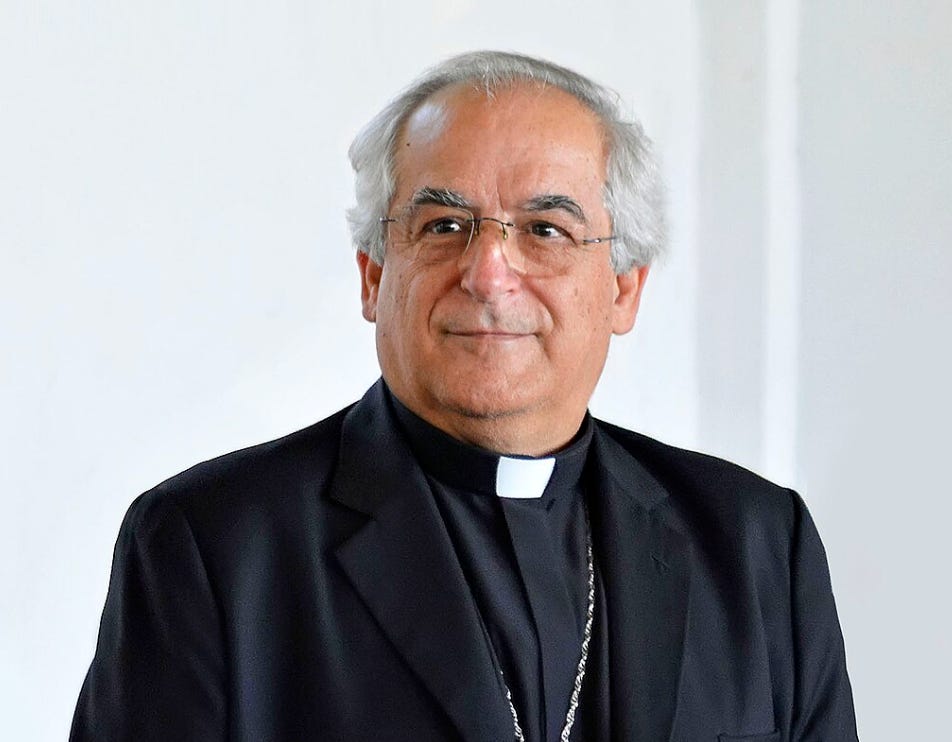Will next U.S. nuncio ‘come in from the cold?’
Is Cardinal Christophe Pierre's successor the pope's man in Moscow?
Cardinal Christophe Pierre, apostolic nuncio to the U.S., is expected to meet with Pope Francis this week ahead of Saturday’s Vatican consistory for the creation of new cardinals.

While Pierre and the pontiff have a great deal to discuss about the Chur…
